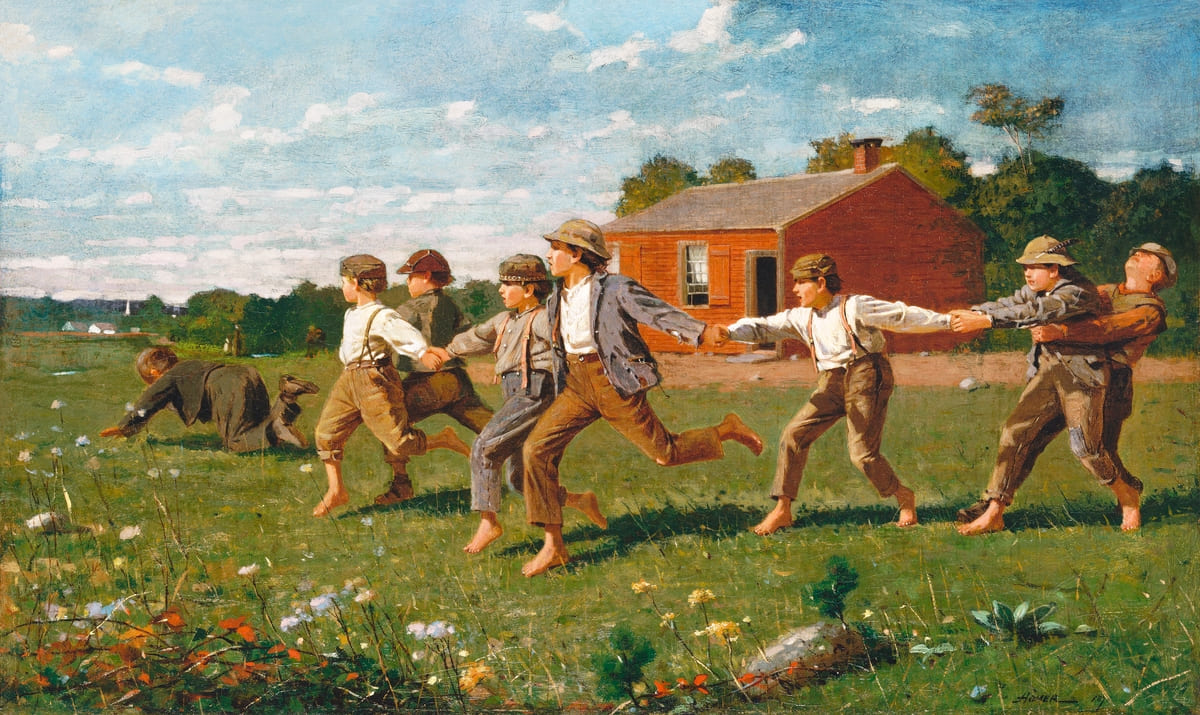Social intelligence is the ability to navigate social interactions effectively, build strong relationships, and adapt to various social environments. In children, it encompasses understanding social cues, empathizing with others, communicating effectively, and resolving conflicts constructively. Developing social intelligence is crucial for a child’s emotional well-being, academic success, and future ability to thrive in personal and professional relationships.
Here’s a deeper look at social intelligence in children:
1. Key Components of Social Intelligence in Children
Social intelligence in children is a blend of emotional, cognitive, and behavioral skills. These include:
a. Empathy
The ability to understand and share the feelings of others. Empathy helps children connect emotionally with peers, resolve conflicts, and act with kindness.
b. Social Awareness
Recognizing and understanding social cues, such as body language, tone of voice, and facial expressions, to navigate social situations effectively.
c. Communication Skills
The ability to express thoughts, feelings, and ideas clearly and respectfully, while also listening actively to others.
d. Conflict Resolution
The ability to manage disagreements calmly and find mutually beneficial solutions.
e. Adaptability
The ability to adjust behavior based on different social settings, such as behaving differently at home, school, or in group activities.
f. Collaboration
Working cooperatively with others to achieve a shared goal, fostering teamwork and a sense of community.
2. Signs of Social Intelligence in Children
Children with strong social intelligence often display the following behaviors:
- They understand and respect others’ feelings and perspectives.
- They adapt easily to new social settings or groups.
- They resolve conflicts with peers effectively.
- They make and maintain friendships with ease.
- They demonstrate kindness, compassion, and inclusivity.
- They actively listen and respond appropriately during conversations.
3. Why Is Social Intelligence Important for Children?
Social intelligence is essential for children because it impacts every aspect of their lives:
a. Building Relationships
Socially intelligent children are better equipped to form and maintain meaningful relationships with peers, teachers, and family members.
b. Academic Success
Strong social skills contribute to better collaboration with classmates, participation in group activities, and positive relationships with teachers.
c. Emotional Resilience
Social intelligence helps children handle challenges, such as bullying, rejection, or disagreements, with confidence and grace.
d. Future Success
The ability to connect with others, work in teams, and resolve conflicts is invaluable in adulthood, contributing to success in both personal and professional spheres.
4. How Does Social Intelligence Develop in Children?
Social intelligence is not an innate trait but a skill that develops over time through interactions and guidance.
Influences on Development:
- Family Environment: Modeling positive social interactions and communication at home.
- Peer Relationships: Learning from interactions with friends and classmates.
- Educational Experiences: Exposure to group activities, teamwork, and social-emotional learning programs.
- Life Experiences: Opportunities to navigate diverse social settings, such as playdates, community events, or extracurricular activities.
5. Ways to Foster Social Intelligence in Children
Parents, caregivers, and educators play a key role in nurturing social intelligence in children. Here’s how to support their development:
a. Teach Empathy
- Encourage perspective-taking by asking questions like, “How do you think your friend felt when that happened?”
- Discuss emotions during storytime or after watching movies.
b. Model Positive Social Behavior
- Demonstrate active listening, kindness, and conflict resolution in your own interactions.
- Treat others with respect to set an example for your child.
c. Encourage Communication Skills
- Practice conversational skills, such as taking turns speaking and asking follow-up questions.
- Teach children how to express themselves clearly and respectfully, even when upset.
d. Promote Teamwork
- Encourage participation in group activities like sports, clubs, or family projects.
- Highlight the value of collaboration by praising teamwork and cooperation.
e. Teach Problem-Solving and Conflict Resolution
- Role-play common conflicts, such as sharing toys or disagreements with friends, and brainstorm solutions together.
- Guide them to use “I” statements, like “I feel upset because…” instead of blaming others.
f. Provide Opportunities for Social Interaction
- Arrange playdates, group outings, or community events where children can interact with peers.
- Introduce them to diverse social settings to build adaptability and inclusivity.
6. Challenges in Developing Social Intelligence
Some children may face obstacles in building social intelligence due to factors such as:
- Shyness or Social Anxiety: Difficulty engaging with peers or entering new social situations.
- Limited Exposure: Lack of opportunities for social interaction outside the home.
- Developmental Delays: Conditions like autism spectrum disorder (ASD) or speech delays that impact social communication.
How to Support:
- Gradually expose children to social situations in a supportive way.
- Seek guidance from teachers, counselors, or therapists if challenges persist.
7. Tools and Resources for Teaching Social Intelligence
- Books: Stories about friendship, empathy, and teamwork.
- Games: Cooperative board games or role-playing games to practice social skills.
- Social-Emotional Learning (SEL) Programs: Structured activities that focus on emotional and social development.
Conclusion
Social intelligence in children is a vital skill that sets the foundation for healthy relationships, emotional resilience, and success in all areas of life. By teaching empathy, communication, and problem-solving skills, parents and educators can help children navigate the complexities of social interactions with confidence and kindness. Remember, social intelligence is a skill that grows with time, practice, and intentional guidance.

